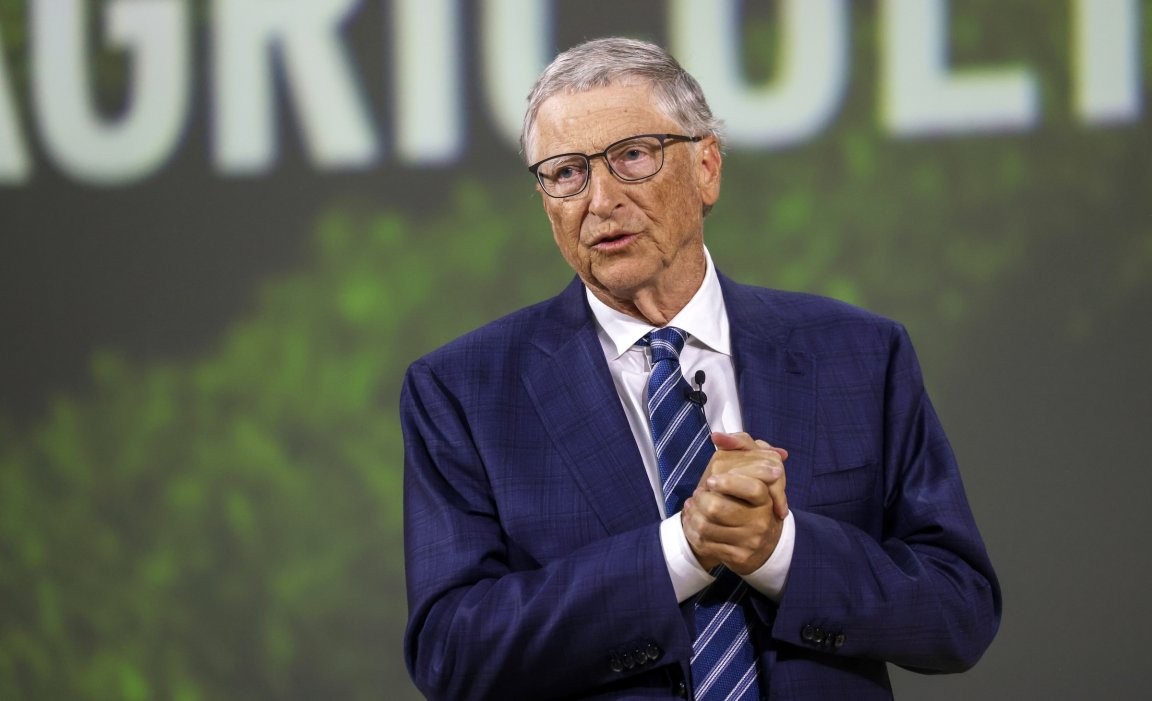Bill Gates’s Climate Reversal: From Doomsday Alarm to a World Where We Still Thrive
Four years after his book How to Avoid a Climate Disaster, Bill Gates publishes a memo that marks a dramatic shift in his climate stance. He acknowledges serious consequences of climate change—especially for the world's poorest—but argues it will not spell humanity’s end and that people will be able to live and thrive in most places on Earth for the foreseeable future. This blunt reframing arrives as Gates’ vast philanthropic empire wades through strategic realignments and a rapidly shifting political climate around environmental action.

In This Article:
The Memo: Pushing Back on the Doomsday Narrative
In a message on his blog, Gates pushes back on a “doomsday view of climate change” that says nothing matters more than limiting the rise in temperature. He writes that while climate change will have serious consequences—particularly for people in the poorest countries—it will not lead to humanity’s demise. “People will be able to live and thrive in most places on Earth for the foreseeable future.” This is a direct departure from the urgency he has previously championed.
Context Matters: Why This Tone Alarm Bells Now
The timing is striking as political winds shift. The billionaire class’ climate activism is under scrutiny, and supporters worry about a broader retreat from action. The Trump administration’s push to scrub climate information from agency websites is cited as part of the anti-science agenda and a signal that climate messaging is politically precarious. Analysts suggest Gates’ pivot could be an attempt to avoid becoming a target in a volatile landscape.
Experts Push Back: Poverty Reduction Is Not a Trade‑Off with Climate Action
Experts rebuke the idea that helping the poor and fighting climate change are mutually exclusive goals. Jeffrey Sachs told CNN that there is no reason to pit poverty reduction against climate transformation, calling the memo “pointless, vague, unhelpful, and confusing.” He argues both goals are feasible—“if the Big Oil lobby is brought under control.” He emphasizes that climate action and development can go hand in hand.

A New Direction in Philanthropy: Breakthrough Energy and a 2045 Deadline
Gates’ philanthropy appears to be retooling. Breakthrough Energy dismantled its climate policy group this year, and the Gates Foundation—long a major funder of climate-related work—announced it will be shuttered by the end of 2045. The shift signals a broader pivot toward supporting the developing world and redefining how climate progress is financed and delivered.

